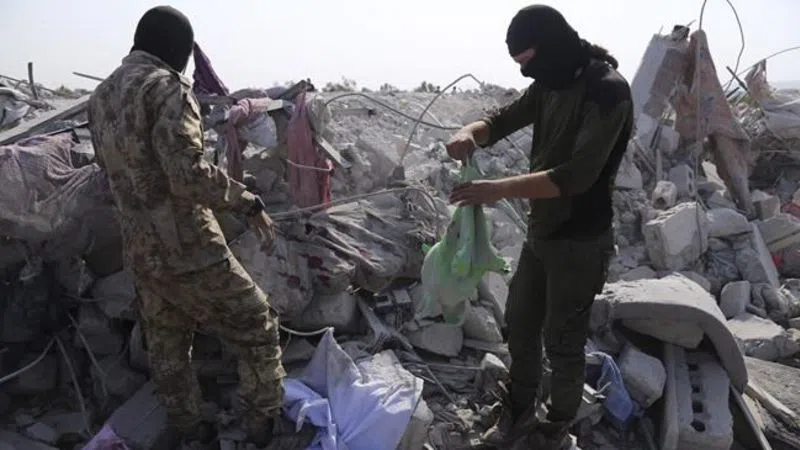
Pentagon’s top watchdog paints gloomy picture of fight against ISIL
OTTAWA — The Pentagon’s top watchdog is painting a gloomy picture about the five-year-old fight against the Islamic State of Iraq and the Levant, warning that recent actions in Syria have allowed ISIL extremists to regroup, strengthening their ability to plan attacks against the West.
The report by the U.S. Defense Department’s Office of the Inspector General also warns that Iraqi security forces continue to rely heavily on American and other allies when taking the fight to ISIL, raising questions about the effectiveness of military-training efforts.
Canada is currently leading a NATO training mission in Iraq, which includes 250 Canadian military members, as part of its larger contribution to the U.S.-led war against ISIL, also known as ISIS or Da’esh.
The inspector general’s report was tabled in Congress this week, and comes at a time of extreme upheaval and instability in Syria and neighbouring Iraq, where the Canadian military has been involved in the U.S.-led coalition against ISIL since October 2014.
